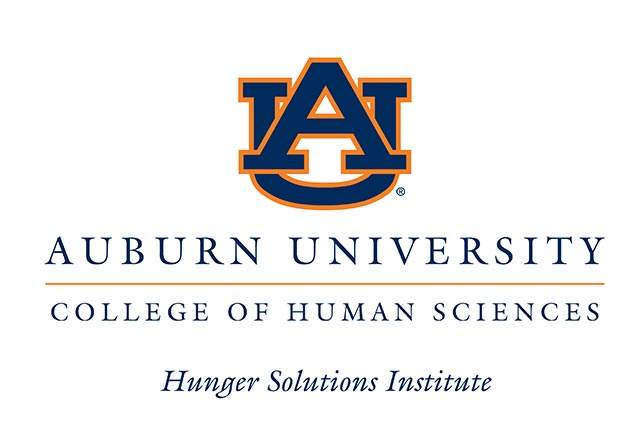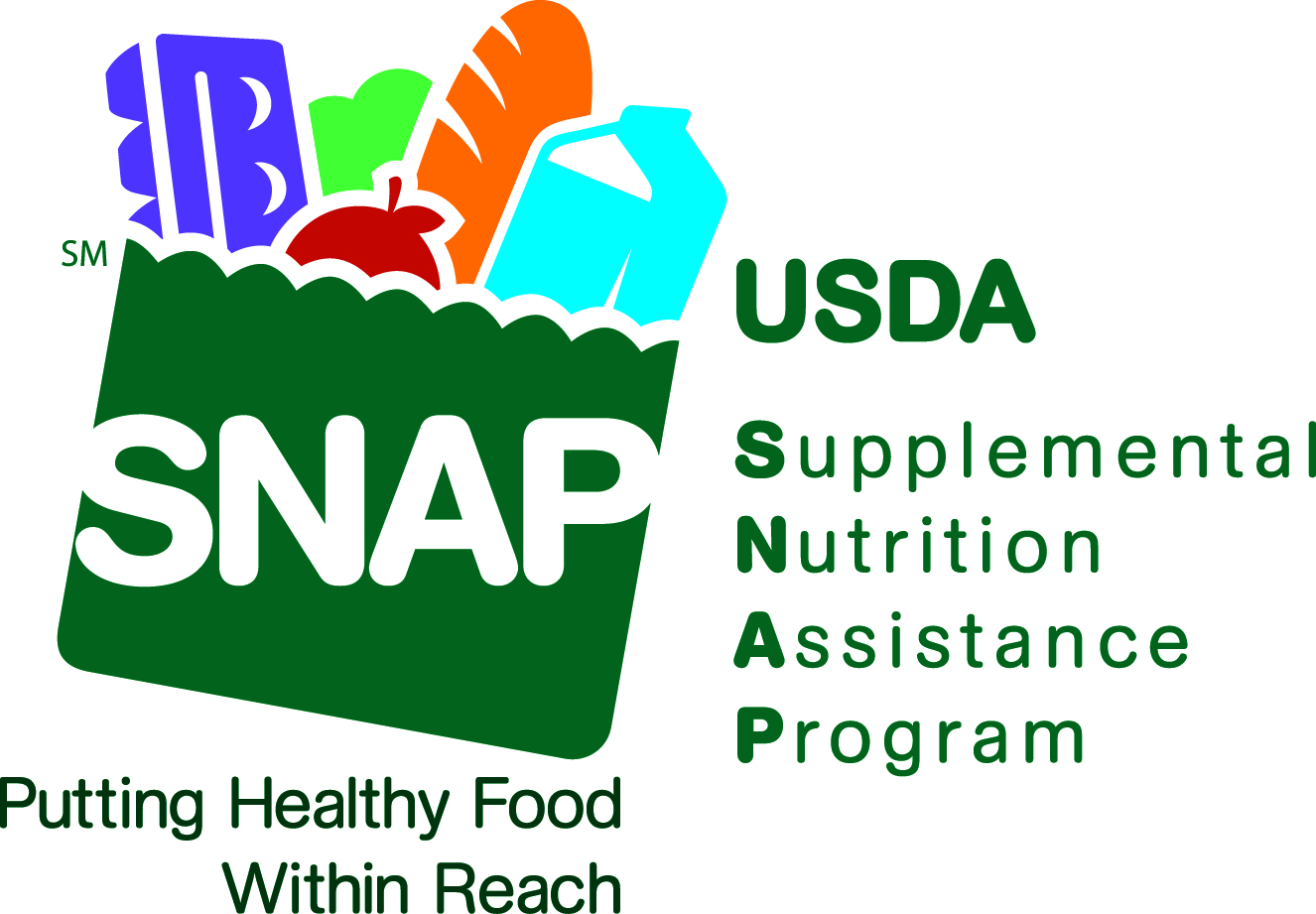Auburn University’s Hunger Solutions Institute receives nearly $3 million to increase access, consumption of milk
Article body
The Hunger Solutions Institute, in Auburn University’s College of Human Sciences, has been awarded nearly $3 million to lead a Healthy Fluid Milk Incentives program for 116 retail locations in four states, including Alabama.
Auburn is the only entity to receive a Healthy Fluid Milk Incentives, or HFMI, award for 2022. The funding from the United States Department of Agriculture, or USDA, Food and Nutrition Service, or FNS, is the latest in a longline of grants Auburn’s Hunger Solutions Institute, or HSI, has been tasked with managing since the HSI was created a decade ago.
The HFMI program fits the HSI mission of addressing food insecurity at home and abroad, particularly making nutritious foods more accessible for low-income Americans.
“While this is a first-of-its-kind award for HSI, we have a strong track record in implementing efficient and effective incentive programs with incredibly innovative independent retailers in Alabama,” said Alicia Powers, HSI’s managing director. “HFMI will allow us to build on our success and expand to other states and retailers, as well as healthy food and beverages.
“We are thrilled to lead this work for USDA-FNS and expand healthy food incentives for SNAP households throughout the United States.”
The HFMI program, a result of the 2018 Farm Bill, uses incentives to encourage Supplemental Nutrition Assistance Program, or SNAP, participants to buy and consume qualifying milk as part of a healthy, balanced diet.
According to the USDA-FNS, fluid milk qualifying for the incentive program includes all varieties of pasteurized cow’s milk that (1) is without flavoring or sweeteners, (2) is consistent with the most recent dietary recommendations, (3) is packaged in liquid form and (4) contains vitamins A and D at levels consistent with the Food and Drug Administration, state and local standards for fluid milk.
After a pilot run in Texas in 2020, the USDA-FNS expanded the HFMI program in 2021 to additional retailers in Texas and New Jersey.
“We applaud the collaboration between USDA, Auburn University and partner retailers to expand the Healthy Fluid Milk Incentives projects to bring healthy, nutritious milk options to SNAP participants in Alabama, California, Georgia and South Dakota,” said Michael Dykes, president and CEO of the International Dairy Foods Association. “Milk contributes 13 essential nutrients to the American diet, including high-quality protein, calcium, vitamin D and potassium, and health benefits including better bone health and lower risk for type-2 diabetes and cardiovascular disease.
As we think about how to improve access to nutritious foods in line with the recently released Biden-Harris Administration National Strategy on Hunger, Nutrition and Health, these nutrition incentives are a positive model for strengthening the health of children and adults participating in SNAP.”
This year, USDA-FNS authorized HSI to work with six retailers in Alabama, California, Georgia and South Dakota to implement the program at 116 locations, including those on federal Indian Reservations, urban and rural areas and numerous locations in Opportunity Zones, or economically distressed communities.
All participating retailers currently serve SNAP households, some with more than 80% of their customers representing SNAP households. These retailers are supermarkets, independent grocery stores, convenience stores and innovative food store models.
Incentives range from an immediate percentage off discount to a dollar-for-dollar match for a future milk purchase.
HSI’s history in providing timely, high-quality training and technical assistance as part of other funded projects makes it an ideal partner with the USDA-FNS. HSI has developed customized training plans to support SNAP households, participating retailers and other partners in successfully navigating HFMI.
“We are incredibly proud and excited to see HSI’s research and outreach efforts to fight hunger go nationwide,” said Susan Hubbard, dean of the College of Human Sciences. “Alicia Powers and her team, through strong partnerships and relationship building, continue to set the bar higher each year, finding innovative solutions to put an end to food insecurity in Alabama and across the nation.”
Joel Cuffey, assistant professor of agricultural economics in Auburn’s College of Agriculture, is a co-investigator in the project. He will be leading the evaluation of the initiative.
The USDA-FNS has found success with previous incentive programs, which have been shown to impact households’ purchasing decisions and diet. The Healthy Incentive Pilot found that SNAP participants receiving incentives for purchasing fruits and vegetables consumed 26% more fruits and vegetables per day than those that did not receive an incentive.
The Healthy Incentive Pilot was a precursor to the Food Insecurity and Nutrition Incentive grant program, now called the Gus Schumacher Nutrition Incentive Program, or GusNIP. It is administered by FNS and the National Institute of Food and Agriculture and supports projects to increase the purchase of fruits and vegetables among SNAP recipients.
HSI became the lead administrator of funding from GusNIP last fall, in a partnership with Alabama farmers, farmers markets and independent grocers, to ensure Alabama residents have access to healthy and fresh foods.
Retailers in Alabama have received GusNIP funding for years, but this marked the first time that program management operated within the state.
Since its formation in 2012, the HSI has championed the End Child Hunger in Alabama campaign, Presidents United to Solve Hunger and Universities Fighting World Hunger, which work to seek solutions to reducing food insecurity in Alabama, across the nation and around the world.
USDA-FNS administers 15 nutrition assistance programs that leverage American’s agricultural abundance to ensure children and low-income individuals and families have nutritious food to eat. FNS also co-develops the Dietary Guidelines for Americans, which provide science-based nutrition recommendations and serve as the cornerstone of federal nutrition policy.
Related Media
Media interested in this story can contact Communications Director Preston Sparks at (334) 844-9999 or preston.sparks@auburn.edu.
Auburn University is a nationally ranked land grant institution recognized for its commitment to world-class scholarship, interdisciplinary research with an elite, top-tier Carnegie R1 classification, life-changing outreach with Carnegie’s Community Engagement designation and an undergraduate education experience second to none. Auburn is home to more than 30,000 students, and its faculty and research partners collaborate to develop and deliver meaningful scholarship, science and technology-based advancements that meet pressing regional, national and global needs. Auburn’s commitment to active student engagement, professional success and public/private partnership drives a growing reputation for outreach and extension that delivers broad economic, health and societal impact.






